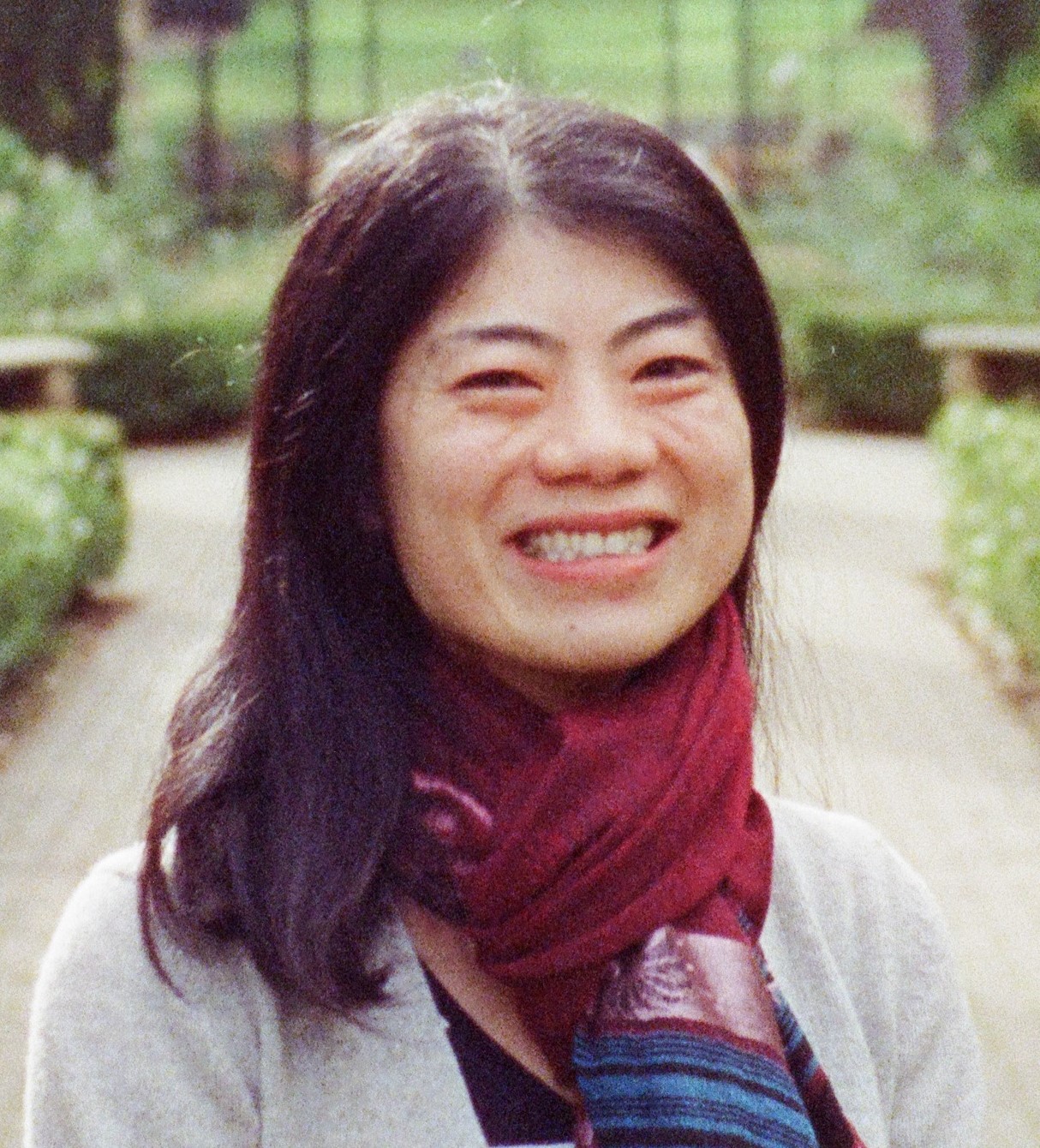Yi Ting Huang

Director, Maryland Language Science Center
Associate Professor, Department of Hearing and Speech Sciences
(301) 405-4227ythuang1@umd.edu
0141A Lefrak Hall
Get Directions
Education
Ph.D., Psychology, Harvard University
M.A., Psychology, Harvard University
B.A., Psychology and Economics, Northwestern University
Yi Ting Huang is an Associate Professor in the Department of Hearing and Speech Sciences (HESP). She received her doctorate in developmental psychology at Harvard University and trained as a postdoctoral fellow in cognitive psychology at the University of North Carolina at Chapel Hill. A researcher in language processing in adults and children, she has applied this expertise to multiple populations and societally important problems, including the relationship between language learning and poverty, cochlear implant users and children learning language in the more isolated setting of a pandemic. Dr. Huang has led several interdisciplinary projects and is the principal investigator of a UMD Grand Challenges team project on “Fostering Inclusivity through Technology” that aims to improve remote work experiences for autistic individuals. During the pandemic, she spearheaded KidTalk, a project that studied young children’s pandemic language experience, funded by the National Science Foundation (NSF). Dr. Huang is also a co-principal investigator on the NSF-funded project that established the Language Science Station at Planet Word Museum in Washington, D.C. She is currently the Director of the Maryland Language Science Center, a member of the Executive Committee for the Program in Neuroscience and Cognitive Science, and an Associate Editor of the journal Language Acquisition.
Areas of interest include language and society, real-time processing and learning, semantics-pragmatics interface, and Developmental Language Disorder.
Publications
Investigating language acquisition in communication sciences and disorders: A case for language diversity
Language acquisition research has a long tradition of including individuals with disabilities as research subjects.
Author/Lead: Yi Ting HuangNon-ARHU Contributor(s): Sudha Arunachalam
Language acquisition research has a long tradition of including individuals with disabilities as research subjects. Numerous early works had the goal of using what was “missing” in their development to inform theories of how the system “ought” to function. More recent decades have seen a shift toward understanding individuals with disabilities as their own functional systems that are worth describing and also toward ensuring that this research benefits individuals from these communities. This shift has, to some extent, created a disconnect between work on “typical” development and on clinical populations, which have largely progressed independently of each other. The former is concentrated more in departments of Linguistics and (Cognitive) Psychology, while the latter is concentrated more in departments of Communication Sciences and Disorders (and its other associated names). Their shared past and overlapping constructs are masked by differences in goals—to understand basic acquisition processes vs. to support functional communication in those who may not fit within normative societal standards.

